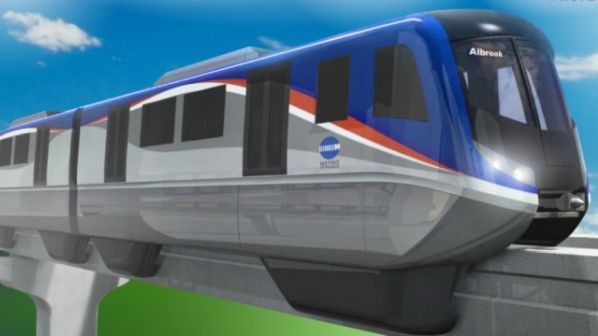Four bids were received for the contract which covers design engineering, construction of the civil works, fitting out the monorail, supply of a fleet of six-car monorail trains, and commissioning of the system.
HSP, which comprises Hyundai Engineering & Construction, Posco, and Hyundai Engineering, obtained a total score of 893 consisting of 403 points for its technical proposal and 490 points for its economic offer. HSP’s bid was valued at $US 2.5bn.
The ACPC Line 3 Consortium, formed of Acciona Construcción and Power Construction Corporation of China, received 842 points (382 technical and 460 economic), with a bid value of $US 2.518bn.
“The China Railway Group consortium did not reach the minimum technical evaluation score of 375 points, therefore its proposal is considered risky because it presents technical conditions with which it is materially difficult to fulfil the objective of the contract,” says Panama Metro. Its bid was valued at $US 2.46bn.
“A member of the FCC-Cicsa-SKEC Line 3 Consortium breached the minimum mandatory financial requirement of the liquidity ratio, which is why this proposal did not go to the qualification stage,” the metro says.
Best value
Panama Metro says it used the best value bidding method with separate evaluation, according to a law which regulates public procurement in Panama.
The technical proposals were analysed over 51 days by an evaluation commission composed of private sector engineers Mr Gastón Regis and Mr Fernando Alfaro Eduardo De La Guardia, and public sector engineers Mr Amarilis Ulloa and Mr Agustin Arias.
The winning consortium will have 54 months to execute the project once the contract is awarded.
Line 3 will be 25km long with 14 stations and will run from Albrook to Ciudad del Futuro. An end-to-end journey time of 45 minutes is envisaged, and the line will have an initial capacity of 20,000 passengers/hour/direction during peak periods.
For more information on metro projects around the world, subscribe to IRJ Pro.

